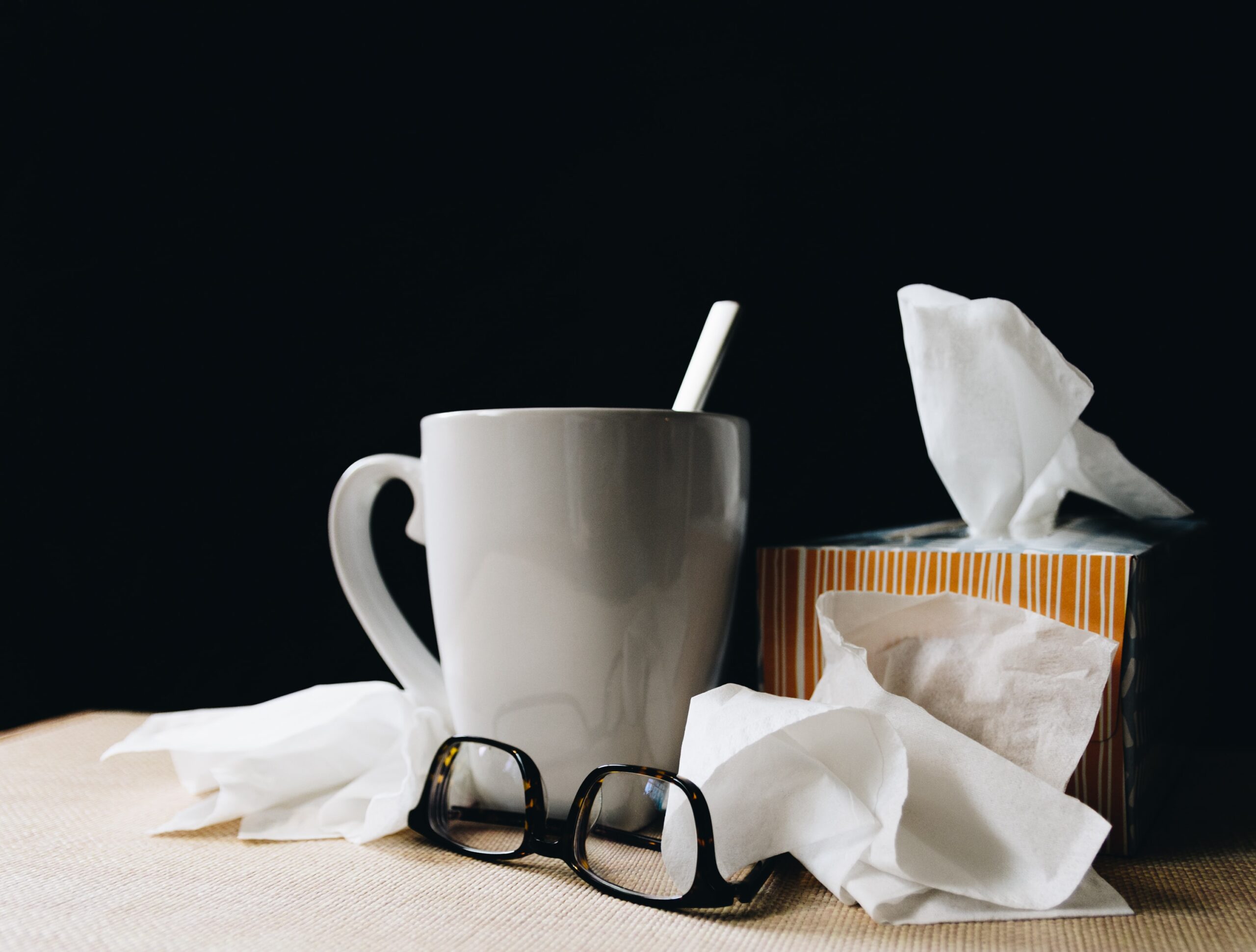Allergies are a pain. Whether you are dealing with springtime tree allergies, a summertime grass pollen-induced flare-up, or fall ragweed irritation, the stuffed-up nose and foggy head can put a real damper on your day. Here are some thoughts on the best ways to manage your allergies at home, no matter the season.
So, What Are Seasonal Allergies Anyway?
Allergies are caused by your body’s overreaction to an allergen that it has identified as harmful. When you come into contact with whatever allergen triggers you, your immune system flares up, leading to inflammation of your skin, sinuses, airways, and/or digestive system. The severity of your body’s reaction can range from minor irritation to severe life-threatening anaphylaxis, depending on your response to an allergen.
When to See a Doctor
It is important to know when to seek medical care, especially if you have a history of severe allergic reactions. If you are experiencing trouble breathing, seek medical care immediately. Also, if symptoms last for more than ten days, or if over-the-counter medications aren’t enough to relieve your symptoms, it may be time to check in with your physician. While symptoms like sneezing or a runny nose by themselves aren’t a problem, symptoms that won’t clear can be a sign of an underlying infection.
Treating Non-Life-Threatening Allergies at Home
Unfortunately, most allergies cannot be cured completely. However, there are steps that you can take to reduce the intensity of a reaction. Over-the-counter sinus relief products or inflammation-reducing acetaminophen may help control symptoms. Staying hydrated is important; try some honey lemon water or tea to increase fluid consumption while soothing a sore throat. Using a humidifier can help, as moist air can calm scratchy airways. You could also try a saline spray or nasal rinse to flush allergens from your sinuses. The less allergens in your system, the better.
Those affected by seasonal allergies can sneeze all day and toss and turn all night due to clogged sinuses. Thankfully there are steps you can take to reduce the impact of seasonal allergies. Stay hydrated, use a humidifier, use a saline nose spray, and get plenty of sleep. And be sure to see your doctor if symptoms persist.
*Photo by Kelly Sikkema on Unsplash
